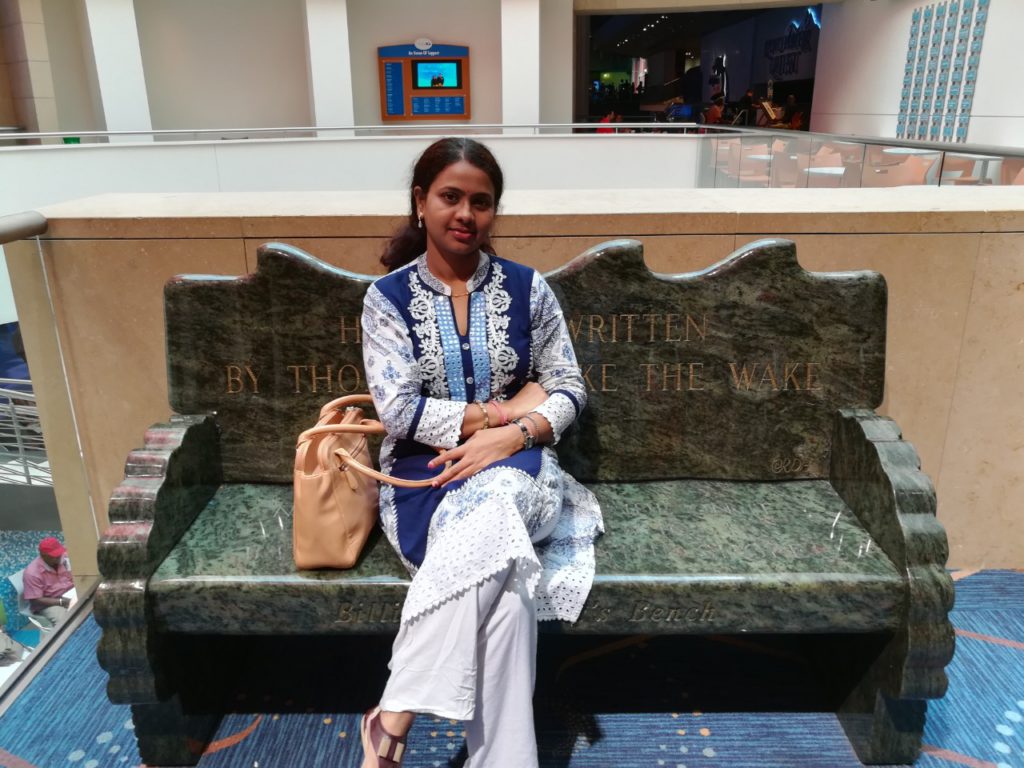Macro Economics-BBA (4-0-2)
Course Attendees
Still no participant
Course Reviews
Still no reviews
Course Name : Macro Economics
Code(Credit) :CUTM1214 (4-0-2)
Course Objectives
- Develop a macro-economic perspective
- Understand macro-economic paradigms
Learning Outcome
- Apply macroeconomic perspective to solve business problems
Course Syllabus
- Unit I: Measurement of macroeconomic variables: National Income Accounts, Gross Domestic Product, National Income, Personal and Personal disposable income; Classical theory of income and employment: Quantity Theory of Money – Cambridge version, Classical aggregate demand curve, Classical theory of interest rate.
- Unit II: Keynesian theory of Income and employment: Keynesian theory of Income and employment : simple Keynesian model, components of aggregate demand, equilibrium income, changes in equilibrium, multiplier (investment, Government expenditure, lump sum tax, foreign trade).
Unit III: Money: Functions of money, quantity theory of money, determination of money supply and demand, H theory of money multiplier, indicators and instruments of monetary control;
Inflation: meaning, demand and supply side factors, consequences of inflation, anti-inflationary policies, natural rate theory, monetary policy-output and inflation, Phillips curve (short run and long run). - Unit IV: Open Economy: Brief introduction to BoP account, market for foreign exchange and exchange rate, monetary and fiscal policy in open economy.
Suggested Textbooks
1- Froyen, R. T., 'Macroeconomics', Theories and Policies, Pearson
2- Mankiw, G. N.,'Macroeconomics', Worth publishers
3- Dornbusch and Fischer, 'Macroeconomics', Tata McGraw Hill
Session Plan
Session 1
Introduction to Macro Economics
Presentation https://www.slideshare.net/CSSohilGajjar/introduction-micro-economics
Session 2
Measurement of Macro Economic Variables-National Income Accounts
Presentation: NAtional Income1
Session 5 & 6
Project 1: Students' Presentation on India's Growth Scenario Pre and Post COVID-19
Session 7
Consumer's Price Index and Producer's Price Index
Presentation: https://www.slideshare.net/LekshmiNathB/consumer-price-index-and-wholesale-price-index
Session 8 & 9
Project 2: Students' Presentation on Caselet
Caselet 1: Does the CPI overstate inflation?
Session 11
The Classical Revolution
Presentation and Video-https://www.coursera.org/lecture/principles-of-macroeconomics/the-two-pillars-of-classical-economics-48ayM
Session 12
Classical theory of Production Function
PresentationThe Classical Theory of Income and Employment
Video-https://www.investopedia.com/terms/l/lawofdiminishingmarginalreturn.asp
Session 13 & 14
Classical theory of Output and Employment
Presentation: The Classical Theory of Income and Employment
Session 19
Session 20 & 21
Session 22 & 23
Keynesian theory of Income and employment
Presentation: Determining Equilibrium Income
Video: https://www.youtube.com/watch?v=cYNVB5iqydk&list=PL-uRhZ_p-BM52EbMG1NR1ZfG9tEvcxE4u&index=59
Session 24
Perspective 1: Macroeconomic Controversies
Session 25 & 26
Money and Interest Rate in the Keynesian System
Session 27
Multiplier-investment, Government expenditure
Session 28
Multiplier-Tax and Foreign Trade
Session 29
Perspective 2: The Financial Crisis of 2020: An Initial Look
Session 30
Keynes versus the Classics
Presentation and Video: https://www.youtube.com/watch?v=xXNrloLHOzI
Session 31
The Reformulation of the Quantity Theory of Money
Session 35
Perspective 3: Money in Hyperinflation
Session 36 & 37
Fiscal Policy
Session 38 & 39
Project 3: Students' Presentation on Union Budget of India
Session 40 & 41
Monetary Policy
Session 42 & 43
Project 4: Presentation on Indian Monetary Policy
Session 46
Consequences of inflation, anti-inflationary policies
Presentation: Measures to Control Inflation
Session 47 & 48
Project 5: Case Study
Case Study What Caused the Great Inflation?
Session 49
Natural rate theory
Session 50 & 51
Phillips Curve (Short Run and Long Run)
Session 52 & 53
Project 6: Case let
Caselet: Hyperinflation in Zimbabwe
Session 58
Exchange Rate Determination: Flexible Exchange Rates
Session 59
Exchange Rate Determination: Fixed Exchange Rates
Session 60 & 61
Project 8: Case Study Presentation
Case Study: The International Gold Standard
Session 62 & 63
Session 64 & 65
Doubt clearing and Wrap up
Case Studies
Case Studies
Our Main Teachers

“We are what we repTeacherseatedly do. Excellence, therefore, is not an act but a habit” I have received my Ph.D. from the Department of HSS, Indian Institute of Technology (IIT) Kharagpur. Prior to my Ph.D., I also have degrees in M.Phil. in Economics (2007) and MA in Economics (2005), both from Ravenshaw University, Odisha. Throughout my […]


Recent Comments